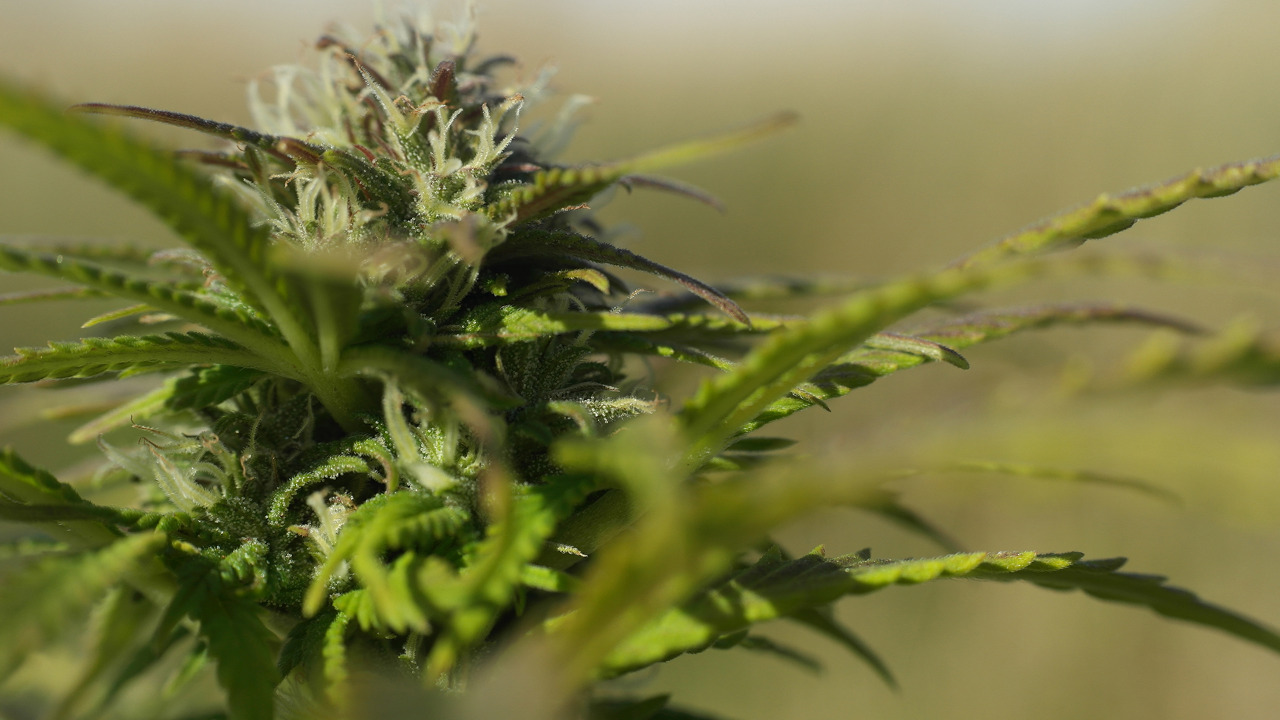Buenos Aires – he National Service for Agricultural Health and Quality (Senasa) I participated in the training course you organized Civil Association of Argentine Cannabis Veterinarians (ACVCA) from October 16 to November 10 regarding the approach to the Cannabis Sativa L. plant and its derivativesheading to 176 veterinary specialists hold bachelor’s degrees.
This course was intended for the veterinary community and was framed An initiative promoted by the ACVCA in collaboration with the Technical Management Unit for Cannabis and Industrial Hemp at SENASAwith the aim of providing Clinical and management tools to support patients who can benefit from the therapeutic potential of cannabiswith A comprehensive vision of health. This should be noted as well Sinasa veterinarians participated and were trained.
In addition, it requested, with regard to indications for therapeutic use, prescriptions, doses and adverse effects related to the use of the Cannabis Sativa L. plant and its derivatives in Argentina, under the current regulatory framework, A report on the historical, legal and botanical development of the Cannabis sativa L plant from its origins to the present; Updating animal health professionals with available scientific evidence with a critical point of view; and promoting research and production of scientific knowledge for the use of medical cannabis.
Argentina is going through a regulatory process regarding cannabis, which is why preparation and training through training aimed at professional updating of the therapeutic potential of this plant for the treatment of various diseases and safe access for patients is essential. Education is the tool for collectively building a more cannabis-friendly culture and reality.
The course is divided into 5 asynchronous modules (• Cannabis plant, • Cannabis-based preparations, • Legal context in the Argentine Republic and frequent uses, • Endocannabinoid system in animals and approach to the history of cannabinoids, • Clinical cases in canines and cats) and 2 synchronous meetings, with Workload of about 12 hours.
They were finally evaluated through integrative work in groups and certificates of approval were delivered. In addition, to pass the course, it was necessary to participate in the discussion forums of each module, in the consultation forums of each module, with 80% attendance in the proposed activities, and to obtain a score equal to or greater than 6 (six) points. . .
The bibliography is posted on campus after each meeting for students to refer to. Speaker bios are available here. It should be noted that the second training on the same topic will begin on November 14. For more information send an email to [email protected]. More information about medical cannabis and industrial hemp





